The FCC is planning to introduce a new requirement for phone carriers to combat scams involving SIM-swapping and porting users' accounts to criminals.
The Federal Communications Commission has begun what it describes as a "formal rulemaking process," which aims to help phone users. It's specifically intended to make SIM-swapping, where a legitimate user's service is fraudulently switched to someone else.
And it's also intended to counter the similar port-out scam, where one carrier is used to port a user's number from another carrier.
"The FCC has received numerous complaints from consumers who have suffered significant distress, inconvenience, and financial harm as a result of SIM swapping and port-out fraud," says the commission . "In addition, recent data breaches have exposed customer information that could potentially make it easier to pull off these kinds of attacks."
This Notice of Proposed Rulemaking says that the FCC plans to amend the Customer Proprietary Network Information (CPNI) and Local Number Portability rules. Carriers will ultimately be required to adopt more secure authentication methods, and also to notify customers of SIM or port changes.
There is no timetable for when the FCC hopes to implement the new rules. The notice does, though, say that the Commission "seeks input" on the issues.
 William Gallagher
William Gallagher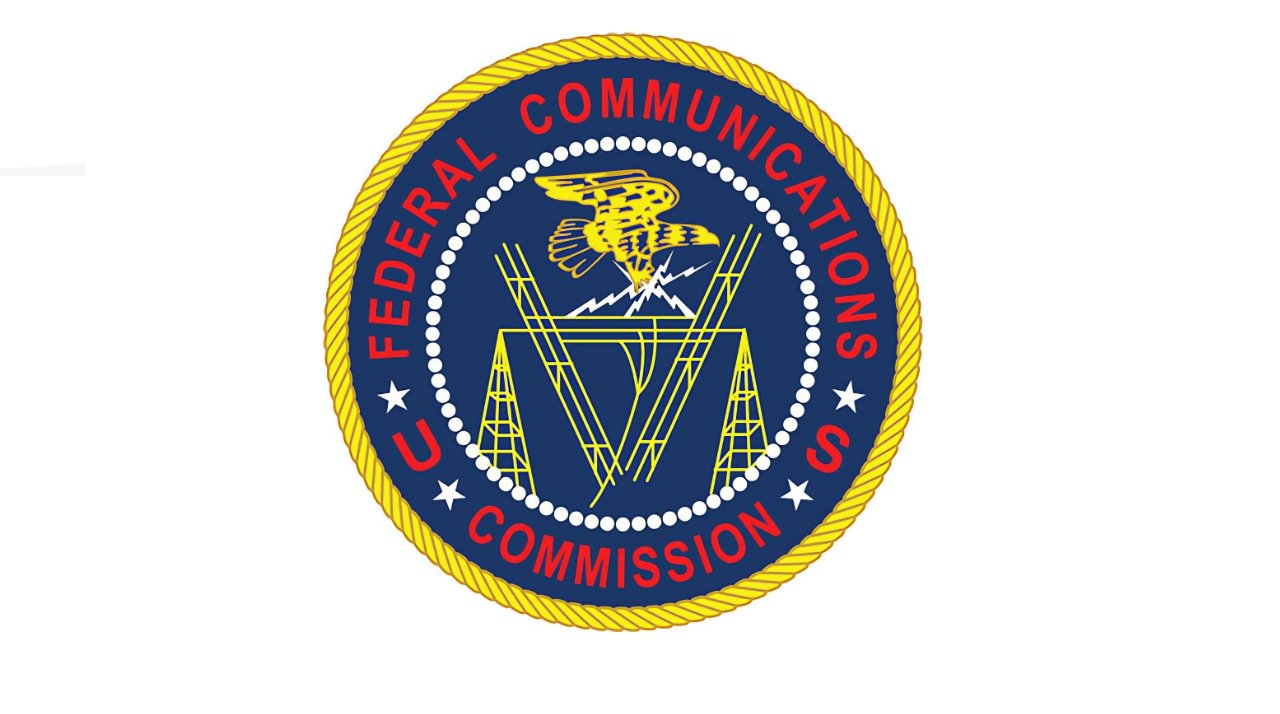
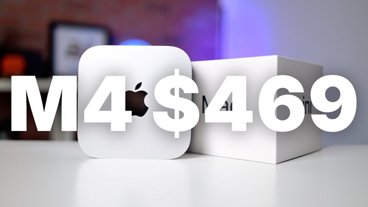
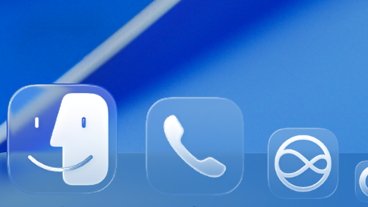
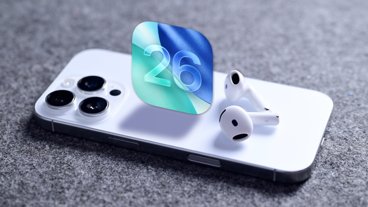
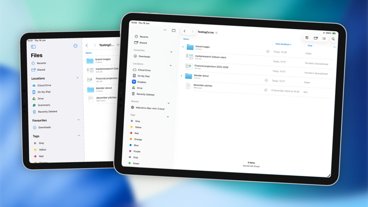
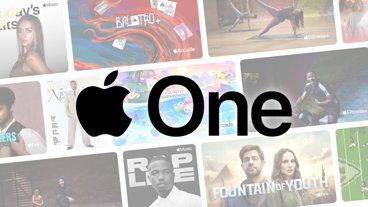



 Mike Wuerthele
Mike Wuerthele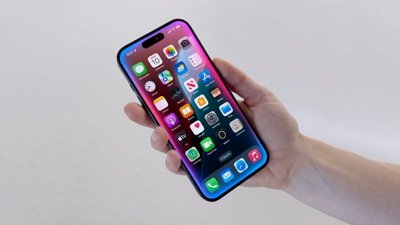
 Amber Neely
Amber Neely
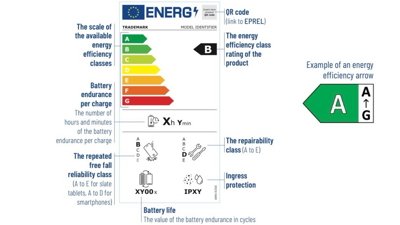
 Andrew Orr
Andrew Orr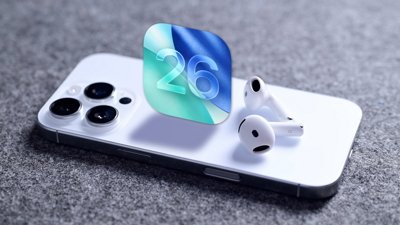
 Andrew O'Hara
Andrew O'Hara
 Christine McKee
Christine McKee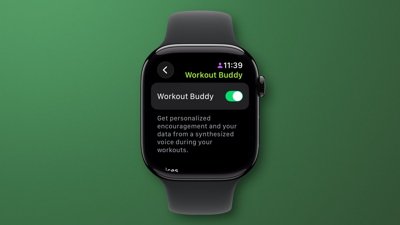
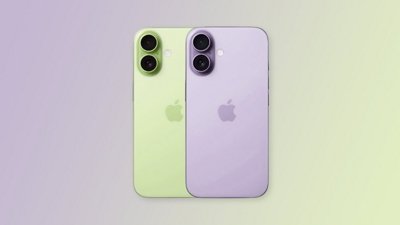





6 Comments
This would be a first if the FCC actually protected any consumer.
How about fining the carriers $1 for every faked caller ID it lets through. I’d rather see no number available than a fake one.